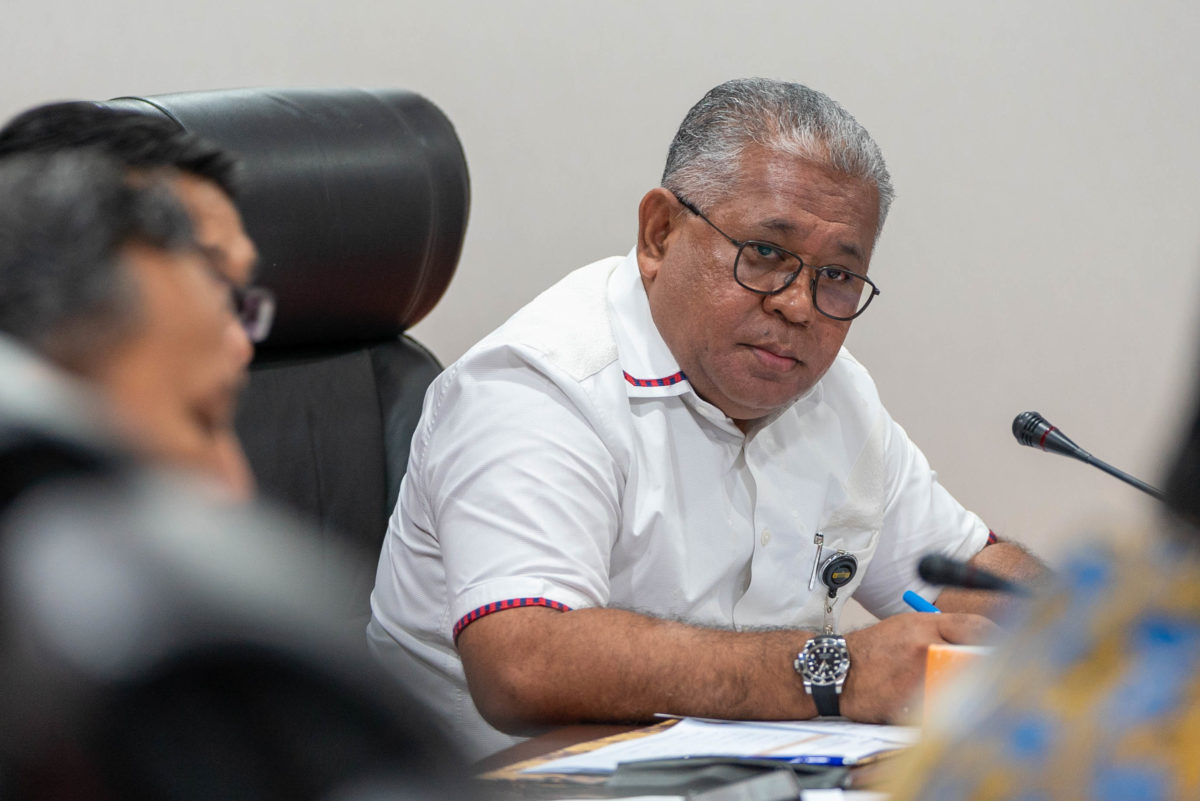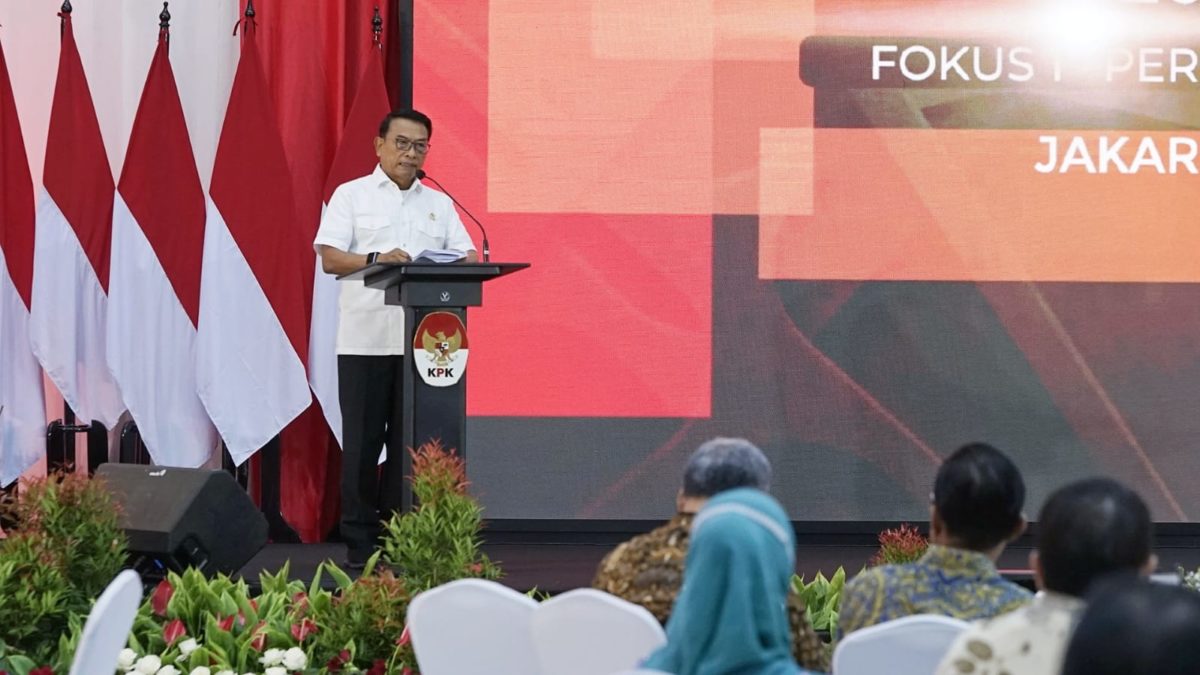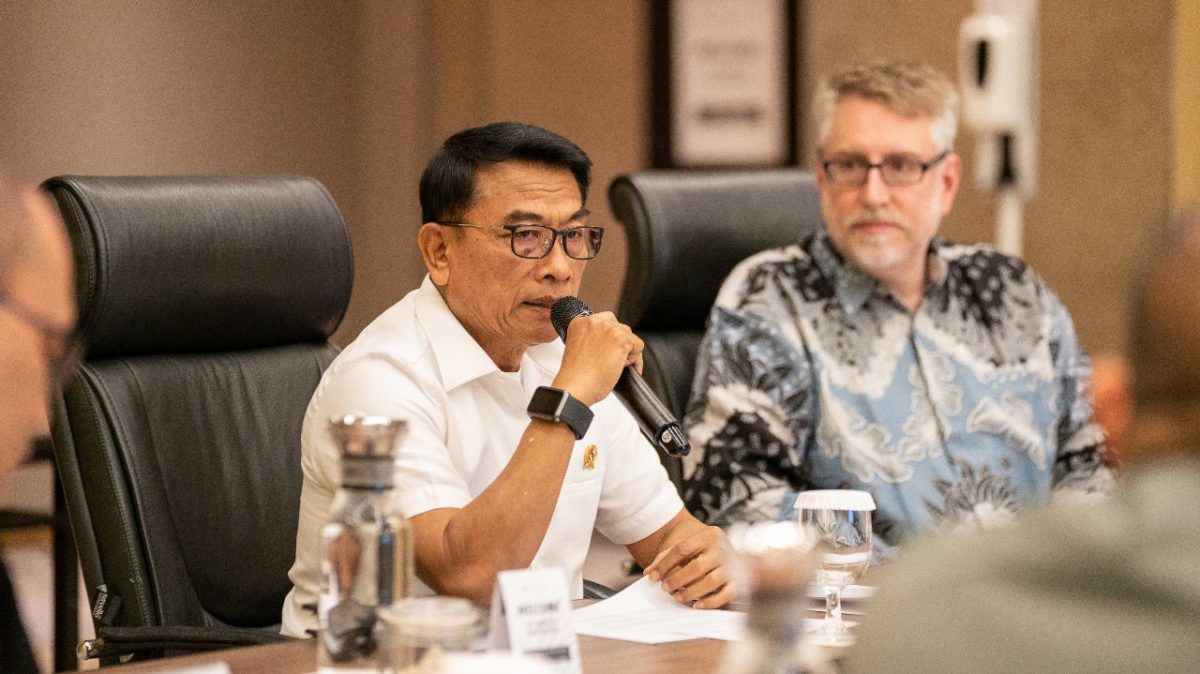Jakarta – The Executive Office of the President (KSP) has reaffirmed its commitment to ensuring the successful implementation of national priority programs and the fulfillment of President Jokowi Widodo and Vice President Ma’ruf Amin’s government promises. In a recent statement on Tuesday (11/4), Deputy Chief of Staff for Infrastructure, Energy and Investment, Febry Calvin Tetelepta, emphasized the Office’s dedication to overseeing the completion of these programs before the end of their administration.
“Monitoring and evaluation are emphasized in controlling, facilitating, accelerating, and resolving bottlenecks,” stated Febry Calvin Tetelepta, Chief Deputy of Staff. “With only one and a half years remaining in term, the government must place a strong emphasis on completing ongoing projects and leaving a significant legacy for our nation.”
To accomplish this, KSP, in collaboration with the Coordinating Ministry for Maritime Affairs and Investment, has initiated a special monitoring and evaluation coordination meeting for 473 government action plans using the Monitoring and Evaluation System (Sismonev). These action plans are derived from the National Medium-Term Development Plan (RPJMN 2020-2024), the Government Work Plan (RKP) 2023, and the President’s directives in various sectors, including infrastructure, transportation, tourism, investment, energy, mining, environment, forestry, and maritime affairs.
“The selection of these action plans has taken into account their direct impact on fulfilling the President’s promises, national priorities, economic growth, and the welfare of the people,” explained Febry.
Furthermore, Tetelepta reiterated the President’s directive that government programs should not merely be announced but must be successfully delivered to address the challenges and issues faced by the country.
Highlighting specific areas of focus, Tetelepta mentioned the President’s instructions for expediting the completion of the State Capital City (IKN) and National Strategic Projects (PSN) in the infrastructure sector. In the energy and mining sector, the emphasis lies in downstreaming mineral resources to create added value and prosperity for the people. Additionally, the realization of the National Fish Barn program in Maluku (M-LIN) holds significant importance for the maritime sector.
Arif Rahman, Head of Planning Bureau at the Coordinating Ministry for Maritime Affairs and Investment, stressed the importance of coordination, supervision, and control in achieving the established targets. With the country entering the final phase of the national development planning cycle, Rahman called for the collective efforts of all ministries, institutions, and stakeholders to maximize the limited time available until October 2024.
As the clock ticks, the Executive Office of the President remains determined to ensure the successful completion of national priority programs. The effective monitoring and evaluation process, along with strong coordination and diligent efforts, will be crucial in fulfilling the administration’s commitments and leaving a lasting impact on the nation’s development.




